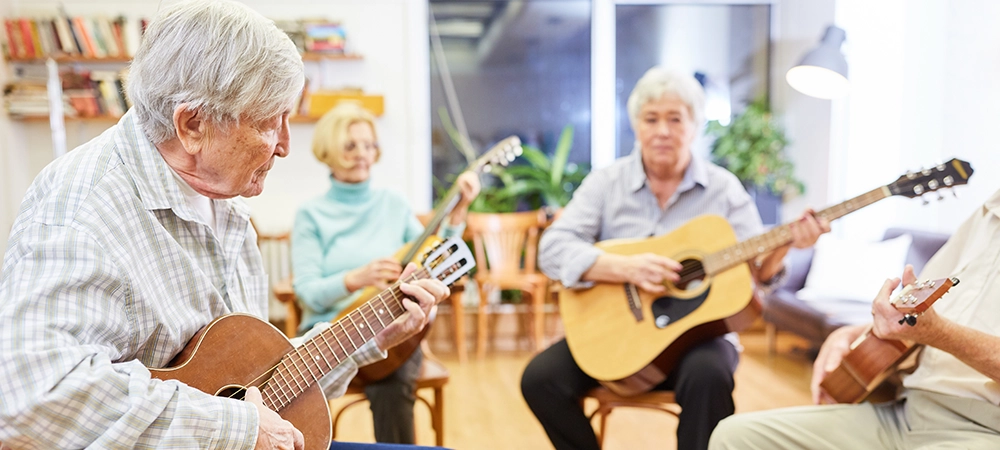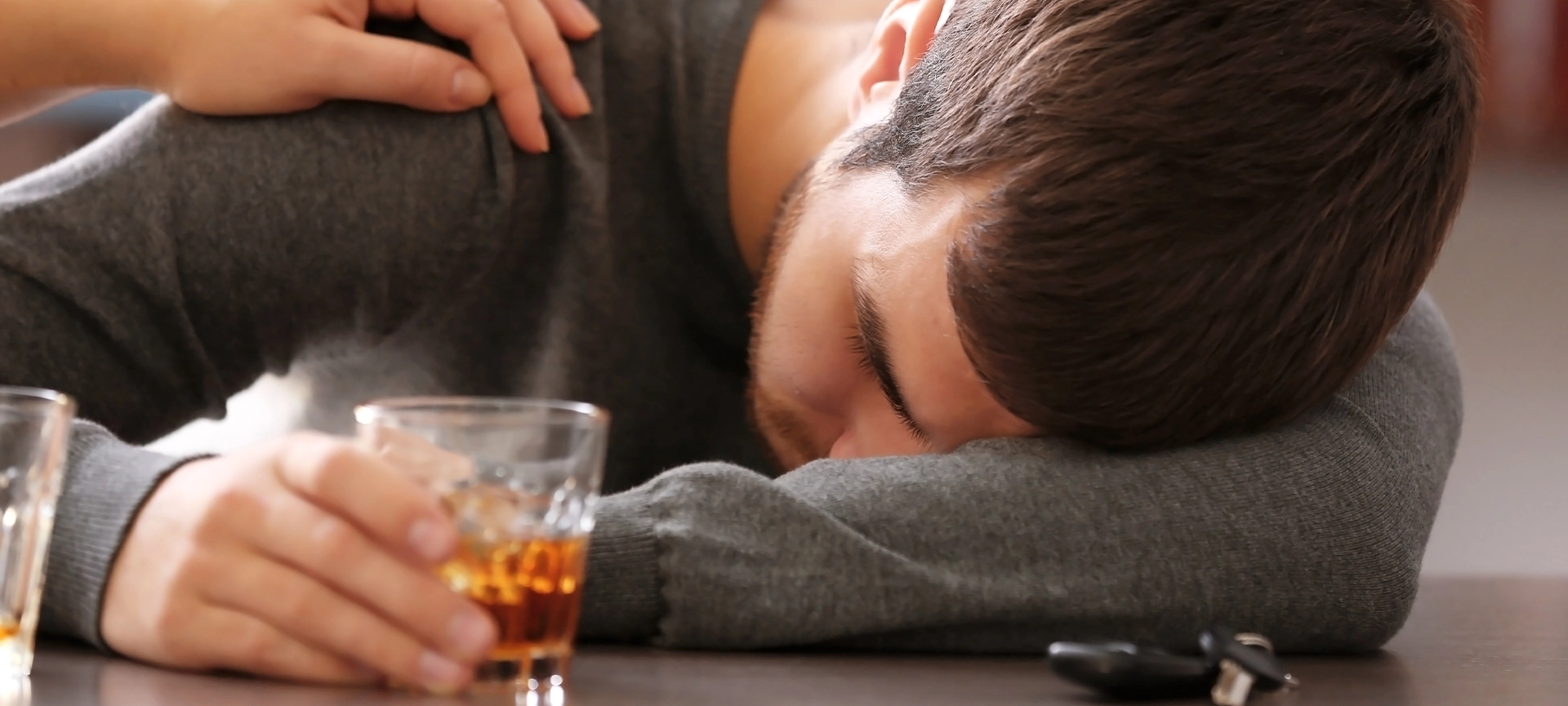We know the journey to addiction recovery is challenging. But maybe you don’t have to go through traditional methods like medication-assisted treatment & cold turkey treatment methods. Over the past decade, the landscape of addiction treatment has expanded significantly. Researchers have made remarkable breakthroughs that have paved the way for alternative therapies for addiction beyond traditional methods.
These alternative therapies recognize that addiction is a complex interplay of physical, psychological, and social factors, and they offer hope for a holistic approach to your recovery journey.
Here, we’ll explore different alternative forms of addiction treatment, pinpointing how each can provide solutions that enhance your recovery process.
The Latest Alternative Therapies for Addiction Treatment
The best holistic addiction treatment centers in Toronto use a combination of the following therapies to aid their treatment process.
Mindfulness and Meditation
Take a deep breath. Mindfulness and meditation are powerful tools that can help you manage cravings, reduce stress, and improve your overall well-being. Imagine starting your day with moments of calm reflection, setting a positive tone for the hours ahead.
Meditation therapy has emerged as a powerful alternative tool in addiction treatment, fostering holistic healing of the mind, body, and spirit. Originating from ancient Eastern practices, mindfulness involves non-judgmental awareness of the present moment, while meditation cultivates mental clarity and focus.
- Stress Reduction: Mindfulness and meditation alleviate stress that often triggers addictive behaviours. You can employ focused breathing techniques to create a mental buffer when cravings arise, like imagining inhaling calmness and exhaling tension.
- Emotion Regulation: These practices enhance emotional awareness, helping you manage challenging emotions that might have led to substance use. Imagine acknowledging your feelings without reacting impulsively, gaining control over your responses.
- Craving Management: Mindfulness allows you to observe cravings as passing sensations. Visualize a craving as a wave; it rises, peaks, and eventually subsides. By observing without attachment, you can ride out cravings without succumbing.
- Mind-Body Connection: Meditation strengthens the mind-body connection. Picture grounding techniques where you focus on sensations in your body, such as your breath or the feeling of your feet on the ground. This helps shift your attention away from cravings.
Here’s our specialist advice for adopting mediation as an alternative therapy for addiction treatment:
- Start Small: Begin with a few minutes daily, gradually increasing your practice duration.
- Choose a Comfortable Space: Find a quiet, comfortable spot to minimize distractions.
- Guided Sessions: Utilize guided meditation apps or videos to facilitate your practice.
- Consistency: Consistency is key. Set a regular practice time to build a routine.
- Non-Judgmental Attitude: Approach your thoughts and emotions without judgment. If your mind wanders, gently bring your focus back.
Related Article: The Benefits of Holistic Addiction Treatment
Art and Music Therapy
Express yourself through art or music. Creative therapies allow you to channel your emotions into something beautiful. Picture yourself picking up a paintbrush or strumming a guitar, discovering new ways to communicate and heal.
The application of art and music therapy in addiction treatment dates back to the mid-20th century. These therapies offer non-verbal outlets for individuals to process emotions, manage stress, and rediscover joy.
- Emotional Release: Engaging in art or music can help you express emotions that are challenging to verbalize. Creating art or playing music is a cathartic release, allowing you to externalize your feelings without judgment.
- Stress Reduction: Immersing yourself in art or music redirects your focus from stressors. Imagine painting or playing an instrument; it’s like entering a serene world where worries momentarily fade away.
- Mindfulness and Distraction: Art and music engage your mind in the present moment. Whether painting strokes or playing notes, you enter a state of mindfulness where worries about the past or future are set aside.
- Building Resilience: The process of creating fosters a sense of accomplishment. As you complete a painting or compose a piece of music, you develop resilience—a tangible reminder of your progress.

Equine-Assisted Therapy
Equine-assisted therapy, or Equine-Assisted Psychotherapy (EAP), is a progressive alternative therapy that harnesses the healing bond between humans and horses for addiction treatment.
Imagine building a connection with a gentle horse. Equine therapy offers a unique experience where you can develop trust, empathy, and confidence. This interaction can teach you valuable lessons about yourself and your relationships.
Equine-assisted therapy originated in the 1960s as a form of experiential therapy. The unique connection between humans and horses aids in building trust, emotional awareness, and personal growth.
- Emotional Expression: Interacting with horses facilitates emotional exploration. Brushing a horse or walking it can evoke feelings of calmness and connection, helping you express and process addiction-related emotions.
- Building Trust: Trust is pivotal in both equine-assisted therapy and addiction recovery. As you build rapport with the horse, you practice trust-building skills that translate to your relationships with others.
- Mindfulness and Present Moment: Horses respond to your emotions in the present moment. Observing the horse’s reactions, you become more mindful of your emotions, fostering self-awareness.
- Responsibility and Accountability: Taking care of a horse fosters responsibility and accountability. As you commit to the horse’s care, you develop a sense of duty that parallels your commitment to recovery.
Adventure Therapy
Nature can be a powerful healer. As one of the alternative therapies for addiction treatment, adventure therapy involves outdoor activities that challenge you physically and emotionally.
This holistic form of addiction treatment involves engaging individuals in outdoor activities to foster personal growth and self-discovery. Imagine conquering a difficult trail or scaling a rock wall while gaining a sense of accomplishment and self-discovery.
Adventure therapy dates back to the mid-20th century, with roots in Outward Bound programs. It evolved into a structured therapeutic intervention to address behavioural and emotional issues.
- Self-Exploration: Challenging outdoor activities like rock climbing or wilderness hikes encourage introspection, helping you explore your emotions and triggers.
- Risk Management Skills: Facing challenges in a controlled environment builds resilience and decision-making skills. This translates to better-coping mechanisms for overcoming addiction.
- Group Dynamics: Collaborative adventure activities enhance teamwork, trust, and communication. These skills are pivotal for building a supportive recovery community.
- Empowerment: Conquering outdoor obstacles instills a sense of accomplishment and empowerment. Overcoming addiction requires similar determination.
Related Article: The Role of Nutrition in Addiction Recovery

In the End
Remember, your path to recovery is as unique as you are. Each alternative therapy offers a different approach to addiction treatment, so feel free to explore and discover what resonates with you. Your journey might involve a combination of these therapies or others you find along the way.
While alternative therapies hold promise, it’s important to remember that they are most effective when integrated into a comprehensive treatment plan. Professional guidance, support groups, and medical care are essential components of your recovery journey.
That’s why Addiction Rehab Toronto offers holistic recovery programs combining medication-based treatment, one-on-one therapy sessions, and varied alternative therapies.
It all depends on your addiction situation and requirements for recovery as determined by a specialist. Contact us today to learn more.







